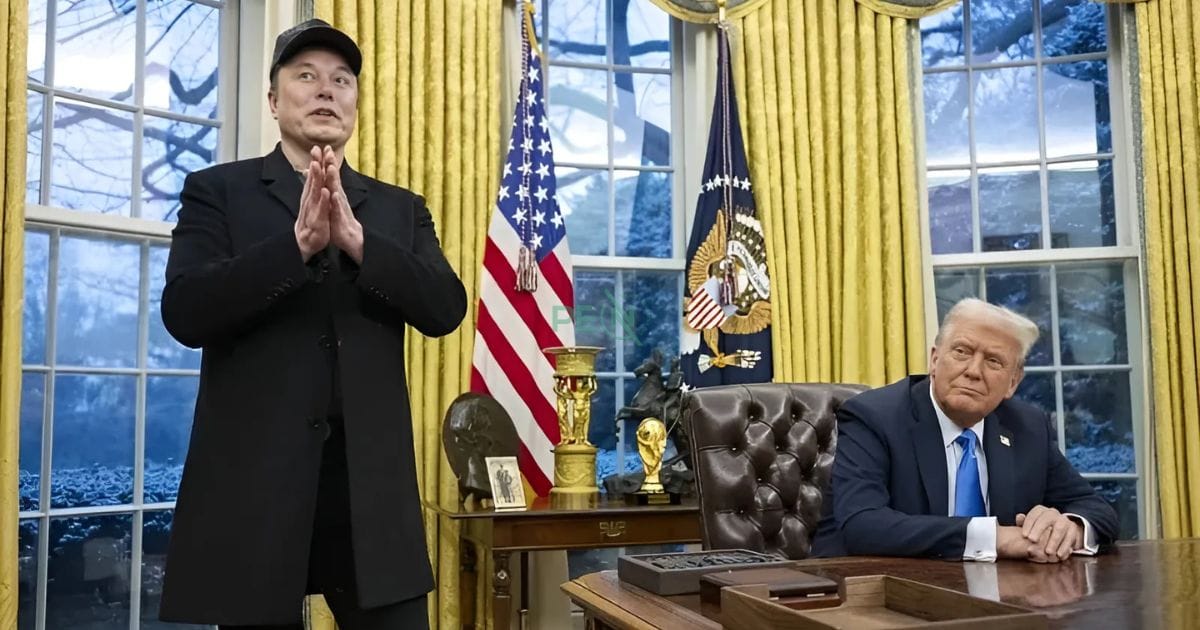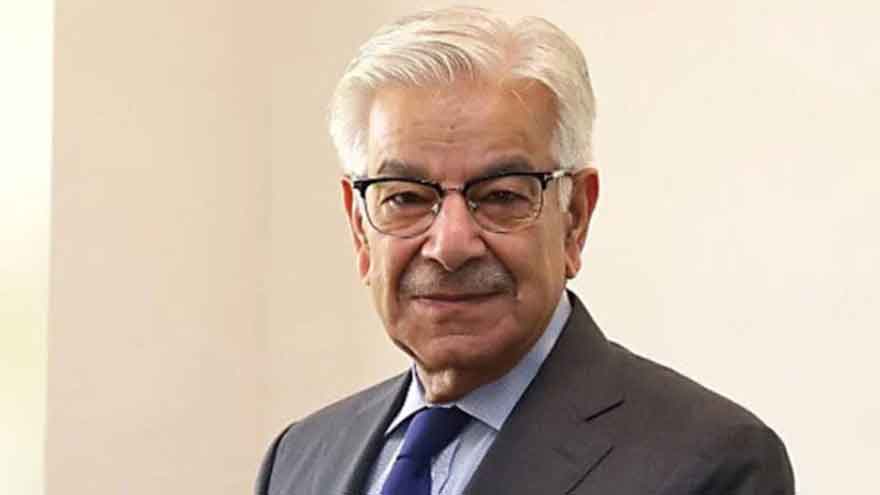Elon Musk Exits Trump Administration Amid Tensions Over Budget and Policy

Tesla and SpaceX CEO Elon Musk is stepping down from his role within the Trump administration after a controversial stint aimed at overhauling the federal government’s efficiency, a White House official confirmed Wednesday evening.
“It is accurate that Mr. Musk is leaving the administration, and his off-boarding will begin tonight,” the official told Reuters.
Musk’s departure concludes a turbulent 130-day tenure as a special government employee with the Department of Government Efficiency (DOGE), a newly created entity under President Trump’s directive to slim down the federal bureaucracy.
Sudden Departure Amid Policy Disputes
Musk confirmed the end of his role via a post on his social media platform, X, thanking President Trump but offering little detail about the circumstances behind his exit. According to sources familiar with the matter, Musk did not speak directly with Trump before announcing his decision, which was handled at the senior staff level.
The exit comes just one day after Musk publicly criticized a flagship Republican tax bill, calling it “too expensive” and warning it would undermine DOGE’s mission. In a CBS News interview, Musk said:
“I was disappointed to see the massive spending bill, frankly, which increases the budget deficit, not just decreases it, and undermines the work that the DOGE team is doing.”
Friction with Administration Officials
Behind the scenes, Musk reportedly clashed with senior officials, including White House trade adviser Peter Navarro. In a public jab, Musk referred to Navarro as a “moron” for opposing Musk’s proposal to eliminate tariffs between the U.S. and Europe.
Despite these conflicts, Musk maintained that the DOGE initiative would continue beyond his involvement.
“The DOGE mission will only strengthen over time as it becomes a way of life throughout the government,” he stated.
Since its inception, DOGE has been credited with reducing the federal civilian workforce by 12%, or approximately 260,000 positions, through a combination of voluntary buyouts, early retirements, and attrition, according to a Reuters analysis.
Political Fallout and Investor Pressure
Musk’s government role has drawn increasing criticism from both political opponents and shareholders of Tesla, which has experienced declining sales and a slipping stock price. Activists have urged him to focus on his corporate responsibilities.
In addition to his advisory role, Musk has been a major political contributor, spending nearly \$300 million to support Trump and other Republican candidates during the last election cycle. However, earlier this month he signaled a retreat from political financing.
“I think I’ve done enough,” Musk said at an economic forum in Qatar.
What’s Next for DOGE?
Musk’s official term with DOGE was scheduled to expire around May 30. The White House has affirmed that the department’s initiatives to streamline government operations will proceed.
While Musk’s departure closes a dramatic chapter in the Trump administration, the broader effort to retool the federal workforce and restructure agency operations remains in motion.




